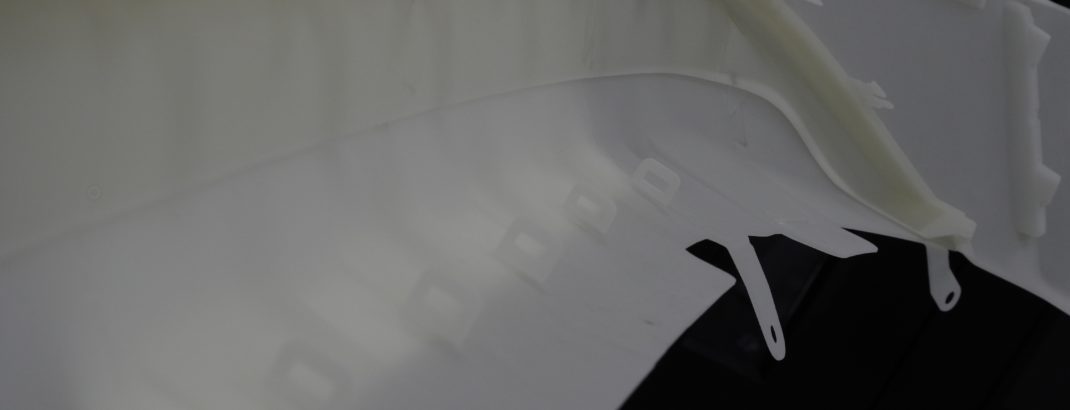For OEMs across industry, 3D printing is playing an increasingly influential role in the manufacturing process, writes Mark Dickin.
The technology has moved well beyond prototyping and Warhammer models, creating durable and safe products for end use and volume production.
Where 3D printing first made its name is still true today: with a rapid initial prototyping phase and any design changes quickly implemented, meaning lead times are dramatically reduced. For some industries such as automotive and construction, expediting the time to market by months, or even weeks, can mean a difference of hundreds of thousands, millions, of pounds. Amid Brexit negotiations in 2018, Toyota Motor Europe warned that they carry just four hours of parts at their plant. The value of the cars they make is £10m a day, so the value of kickstarting or re-starting production in a condensed timeframe through 3D printing cannot be understated.
Cost benefits can also be seen though with projects where there is greater functionality when it comes to compositing tooling and forming tools. It can also be a vital part of the production and assembly line, creating custom jigs and fixtures on demand to optimise and accelerate the whole manufacturing flow. But arguably the biggest benefit 3D manufacturing brings, and that current circumstances have brought to the fore, is flexibility. The technology has been an integral part of the huge and ongoing nationwide effort to defeat the COVID-19 virus.
Here at Ricoh 3D, our teams have been working around the clock to help try and support those heroic frontline NHS workers, whether it be producing vital parts for respirators or 40,000 face shields every week for frontline staff in hospitals.
In both cases, we have been able to produce prototypes and make suitable adjustments within days based on feedback to inform mass production; either through 3D printing or injection moulding, or a combination.
Just 24 hours after receiving the design file, the team had the head support 3D-printed and remaining components sourced and assembled using the power of our supplier network, and without the significant costs which would have been built up through traditional manufacturing methods.
The trend towards increasing use of additive manufacturing coincides with an ever-increasing confidence in the production process.
Several improvements have been made in recent years, not least the ability to prototype in the end-use material, increasing the reliability of the initial design.
One such example of an enhanced product development cycle came via our partnership with automotive giant Toyota.
The multinational car manufacturer was looking to validate the design, fit and function of a range of exterior components for its Corolla hybrid, touring sport and hatchback models but found traditional manufacturing methods too expensive and time consuming.
Ricoh’s Polypropylene material and in-house joining processes enabled Toyota to print large-scale 3D prototypes (including the full bumper skirt kit) in the final material of choice and understand testing with greater accuracy, slicing the end-to-end development cycle. The difficulty for manufacturers in realising the benefits of 3D printing is often the sizeable investment required to bring the facility in-house; not just in the equipment, but in bringing in the required expertise to operate effectively.
That’s where a service bureau comes in. Based in Telford, Ricoh 3D offers a unique range of 3D printing technologies and materials – without the hardware investment. With constant machine innovations, we make sure our customers have access to the latest technologies that are transforming production.
Our “more than a printer” approach means we also offer a full end-to-end consultancy service through design, production and post-processing. We have the on-site 3D and injection moulding facilities to optimise designs; whether that’s for weight-reduction, part assembly or strength, and test materials for process control and traceability. Our QA and metrology services enable us to offer consistency and confidence with every part.
Perhaps, most importantly, in a constantly evolving and “noisy” landscape, you are tapping into our 80 years of manufacturing expertise. We have specialists who can advise on the best materials to use and modifications to optimise your designs for 3D printing. And, when a manufacturer is ready to take a prototype into mass production, we’re perfectly placed to advise when your project is better suited or more cost effective with injection moulding. There are many layers of advantage in the new world of 3D printing.
